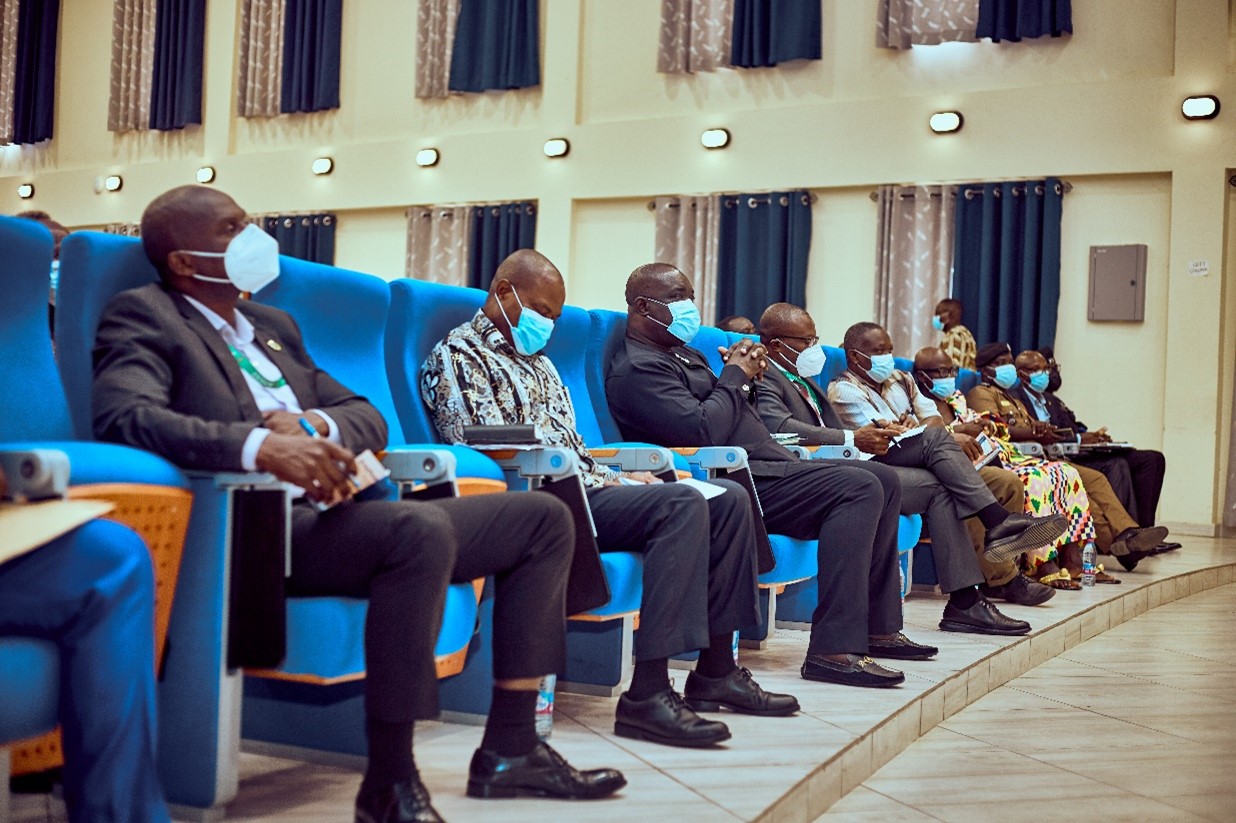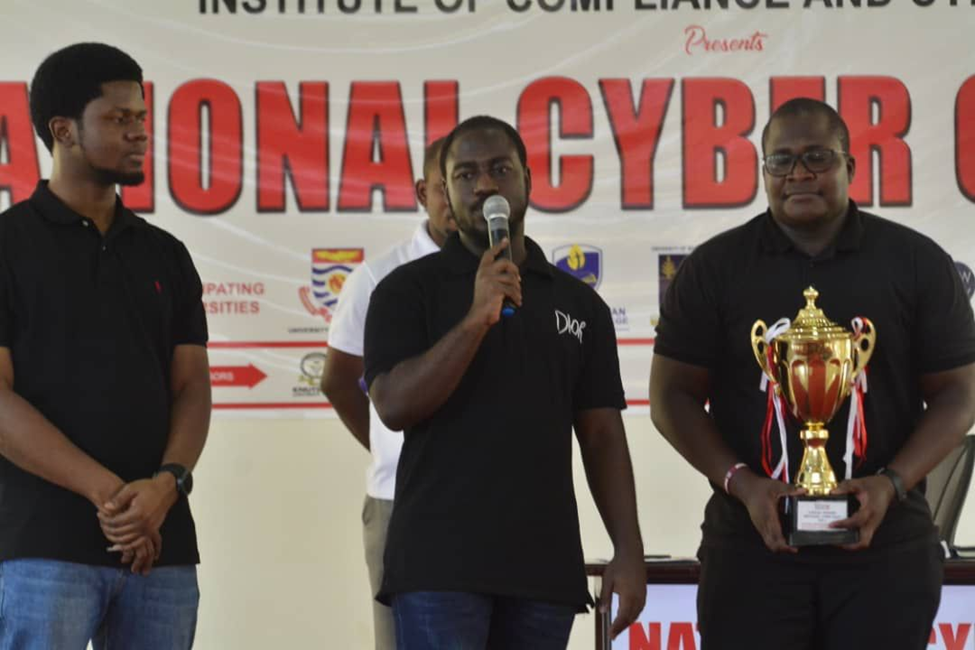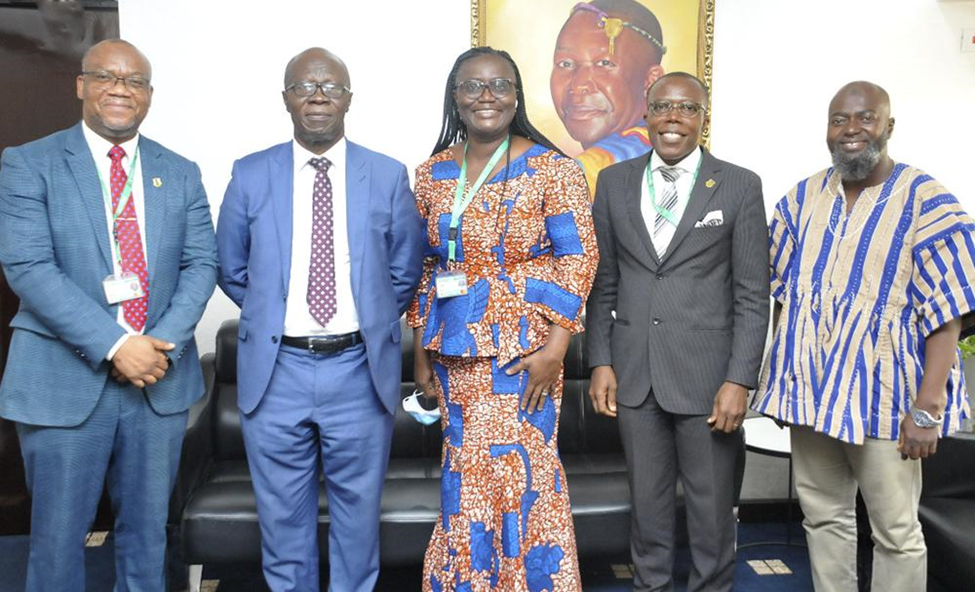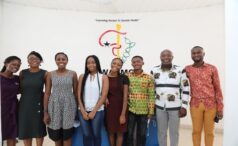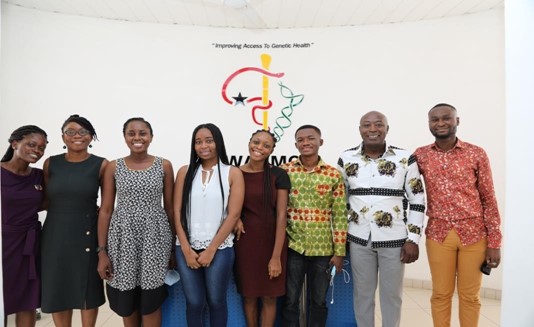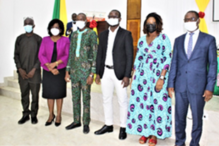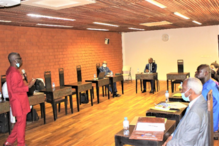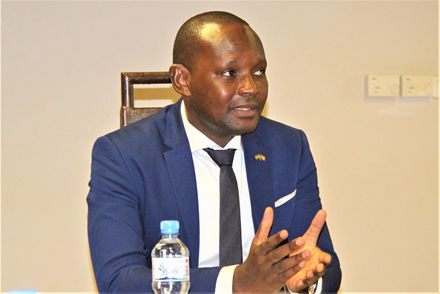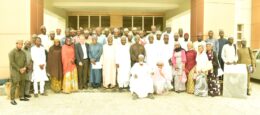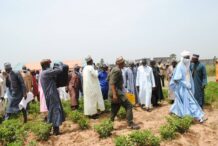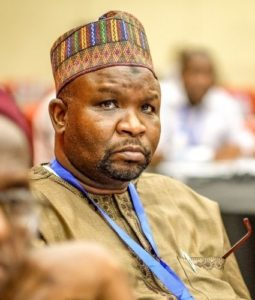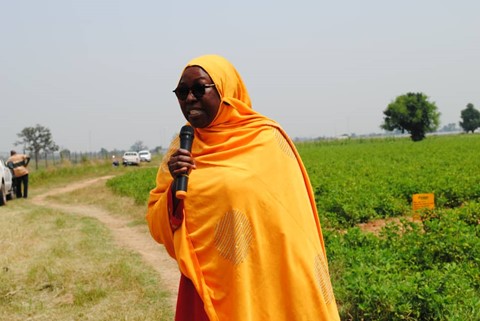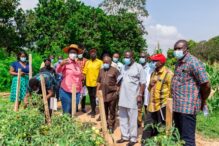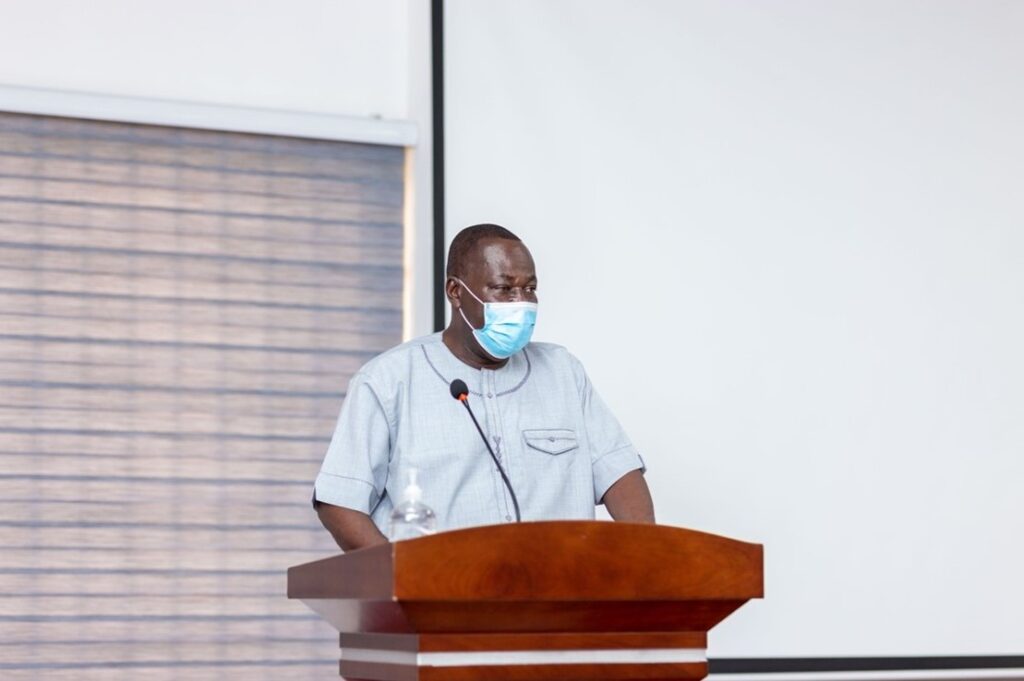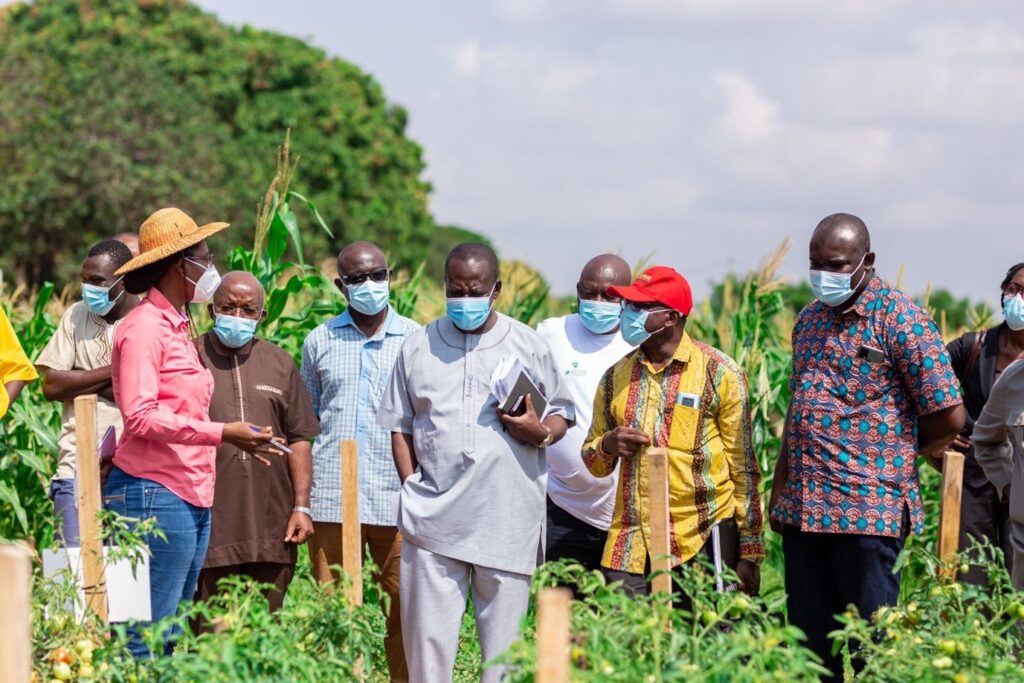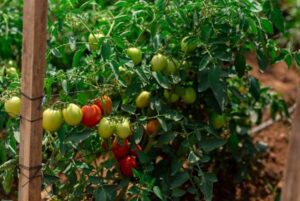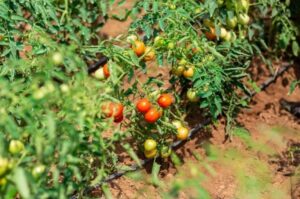KNUST and TRECK Unveiled myTroski Mobile App: the smart way of finding places and planning your travel in Ghana
Researchers at the Africa Centre of Excellence – Regional Transport Research and Education Centre Kumasi (TRECK) of the Kwame Nkrumah University of Science and Technology, Kumasi, Ghana have developed a Mobile App which gives detailed route guidance and location identity for travel planning in Twi (a local Ghanaian language) and English. It also has a Twi travel dictionary, local business database, cultural and social information and uses popular landmarks to provide location information based on data collected through in-depth research conducted by the team. Speaking at the launch of the MyTroski App in Kumasi, Ghana, the Pro Vice-Chancellor Prof. Ellis Owusu Dabo, who was represented by Prof. Charles Marfo, Provost of the College of Humanities and Social Sciences, indicated that MyTroski would benefit businesses, schools, public transport users, security services, fire service, municipal revenue collection, national disaster management organization, Ghana Police service, and the Municipal authority. Present at the launch were representatives of the Ghana Private Road Transport Union (GPRTU), Progressive Transport Owners’ Association (PROTOA), National Disaster Management Organization (NADMO), Bolt, Ghana Fire Service, Ghana Police Service, KNUST Security services, the Chief of Boadi, among others.
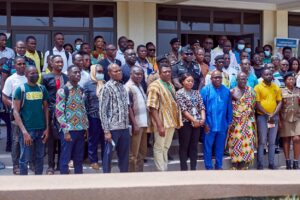 .
.
The innovation was developed by Dr. Gift Dumedah, Prof. Charles Marfo, and Dr. Samuel Ato Andam-Akorful. In his introductory remarks, Prof. Charles Adams, Centre Leader for TRECK expressed joy that the interdisciplinary applied research of the Centre is yielding dividends and this is a good example of collaboration between the College Humanities and Social Sciences, and the College of Engineering. He hinted that myTroski would become a spinoff business of TRECK to extend the project to other municipalities in Ashanti region and Accra Metropolitan Area. He called on stakeholders and partners to provide support through the downloading and use of the App. The stakeholders were awed with the innovation and reiterated the benefits it will bring to their work. MyTroski is downloadable from the website, https://mytroski-gh.com or directly at Google play store. MyTroski is at its initial stage and is available for only Android phones, and it is yet to be made available on Apple devices.
